Transcriptional mechanisms regulating oncogenic TGF-β signaling in breast cancer
A complex program of epithelial-to-mesenchymal transition (EMT) plays a pivotal role during both embryogenesis and tissue homeostasis. However abnormal activation of this process can lead to tumor progression and metastasis. TGF-β signalling has been demonstrated to induce and support EMT by regulating a complex network of transcription factors. During this process, transcription factors responsible for maintaining the epithelial phenotype are supressed, whereas transcription factors involved in the acquisition of mesenchymal traits are rapidly induced. Such transcription factors are so called EMT-inducers (or EMT master regulators) and include family members of Zeb, Snail and Twis1t transcription factors.
Work in this thesis investigates the role of the transcription factor SOX4 as a crucial regulator of TGF-β-mediated induction of mesenchymal markers, and supports a tole for SOX4 as an EMT ‘master regulator’. Furthermore, the C/EBPα transcription factor was identified as a novel epithelial ‘gate-keeper’, inhibiting EMT. These two transcription factors can therefore control the balance between epithelial and mesenchymal transition in both organogenesis and development of disease, such as cancer metastasis.
Taken together our results provide novel insights into the transcriptional regulation of EMT and how this can be deregulated in disease. This identifies novel molecular pathways that could be therapeutically targeted to control epithelial-mesenchymal cell differentiation as well as tumor metastasis.

